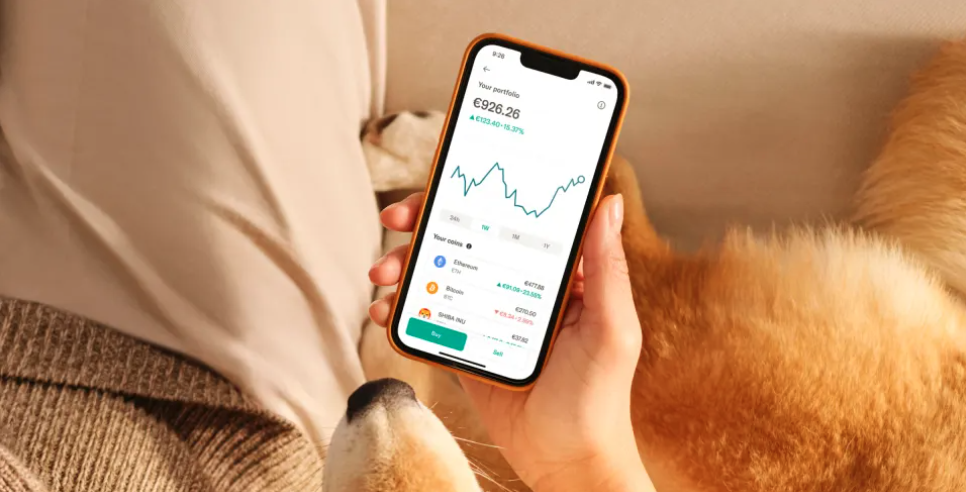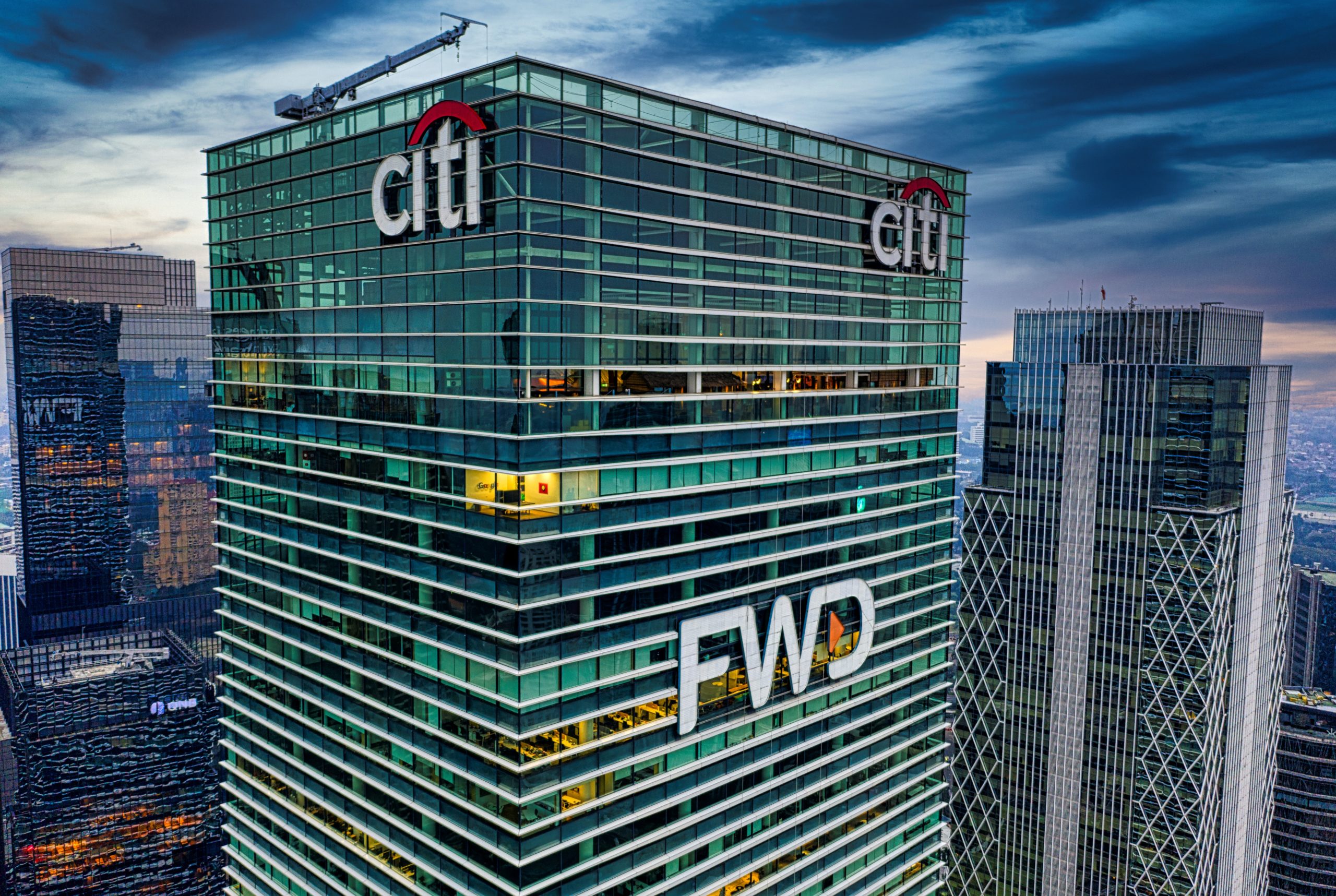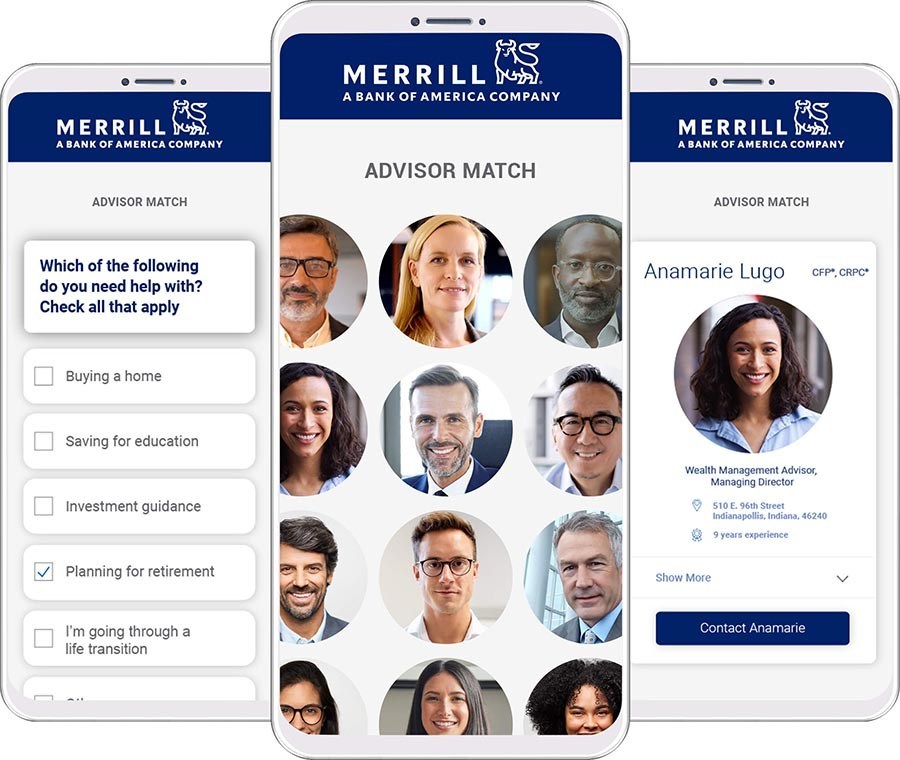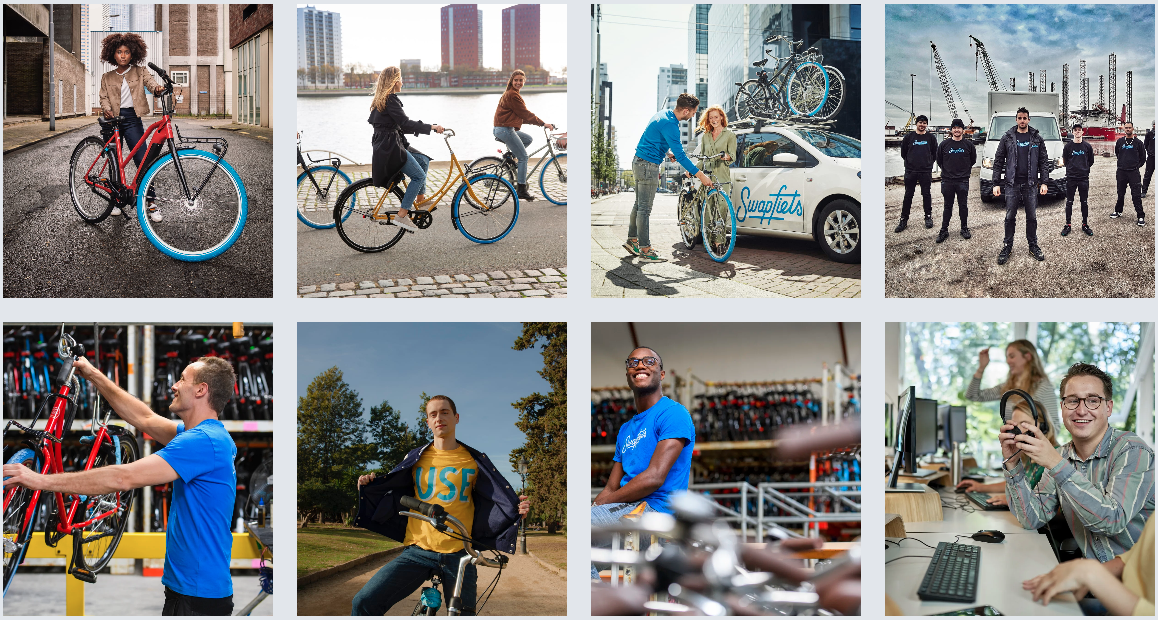
- Challenger bank N26 is launching N26 Crypto, an in-app cryptocurrency trading tool.
- The company is partnering with Bitpanda for trading and custody of the 194 cryptocurrencies that will be available on its platform by the end of the year.
- N26 Crypto is launching today in Austria and will be available in more countries in the next six months.
In what N26 is calling the company’s “next step beyond banking,” the Germany-based digital bank is unveiling N26 Crypto, an in-app cryptocurrency trading tool. Launching today in Austria, eligible clients can buy and sell 100 cryptocurrencies using the N26 app.
“The N26 banking experience has always been built around the customers’ needs, with features that make money management easy,” said N26 Chief Product Officer Gilles BianRosa. “With N26 Crypto we have created a simple, intuitive product that integrates seamlessly into N26’s fully-regulated banking experience where one’s bank balance, savings, and investment portfolio sit side by side – with cryptocurrencies being the first asset class we intend to offer.”
Customers can access the new capability from the “Trading” section within the N26 app’s new “Finances” tab. N26 created a drag-and-drop interface that makes it easy for users to instantly buy and sell crypto. After selecting the coin and the amount they would like to trade, N26 deducts the cash equivalent of the trade from their bank balance and the crypto shows up in their N26 Crypto portfolio instantly. Funds from crypto sales also show up in real time.
N26 Crypto is launching with 100 currencies, and plans to scale up to offer 194 by the end of this year. If you’re not impressed with N26 offering 100 cryptocurrencies at launch, you should be. Most fintechs launch with just two or three cryptocurrencies and add more slowly over time. The large number of cryptocurrencies is thanks in large part to N26’s partnership with Bitpanda, which will manage the execution of trades and custody of coins.
The Bitpanda partnership isn’t only helping N26 scale in terms of cryptocurrencies. The investment platform is also helping N26 offer clients competitive rates. N26 Metal customers face a 1% transaction fee when trading Bitcoin and 2% for all other cryptocurrencies. Other N26 customers will see a 1.5% transaction fee for Bitcoin, and a 2.5% fee for other cryptocurrencies.
N26 Crypto is launching in Austria today, and will be made available to eligible customers in more geographical regions over the next six months.
Founded in 2013 and launched in 2015, N26 now counts more than eight million customers in 24 countries. Well-known in the European market, N26 ranks among the top five highest-valued challenger banks wth a valuation of more than $9 billion. In 2019, the digital bank launched in the U.S., but decided to exit the region in order to focus on its European market operations.













